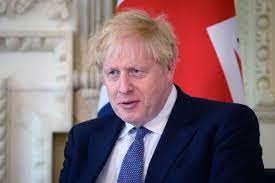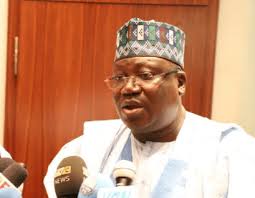The Securities and Exchange Commission (SEC) at the weekend projected that Nigeria’s infrastructure deficit would hit $878 billion by 2040, and canvassed as a remedial measure the utilisation of green bond earnings to close the infrastructure gap.
The commission’s acting Director-General, Mary Uduk, made the forecast at the 2018 annual workshop of the Capital Market Correspondents Association of Nigeria (CAMCAN) held in Lagos.
The investment expert who was represented at the forum by the Head, Registration and Market Infrastructure Department (SEC), Mr. Emomotimi Agama, advised that Nigeria should tap into green bond opportunities, which the commission would continue to promote an enabling and regulative environment for its issuance in the country.
According to her, the future holds opportunities for renewable energy, energy efficiency, infrastructure, food, agriculture, and the task ahead for Nigeria is to ensure funds are channeled to green projects with multiple socio-merits.
To explore its benefits to the fullest, Uduk said that there must be more domestic participation in green bonds investment in order to pull Nigeria out of deficit infrastructure, power and energy, and transportation conundrum as well as tackling the threats of environmental degradation.
Uduk noted that the second tranche of green bonds recently issued presented an opportunity for the country to solve its infrastructural deficit.
She said: “The biggest opportunity, to my mind, which green bond issuances will present, is the potential to solve Nigeria’s infrastructural deficits, improve agriculture and alleviate poverty as well as protecting the environment-a multi-faceted strategy.”
In his speech at the forum, the Managing Director of FMDQ OTC Securities Exchange, Mr. Bola Onadele, disclosed that so far $155 billion had been realised from the green bonds issuance, adding that the investment promises in the instrument have been attracting investors’ interest in it.
Represented by the Senior Vice President, Economic Development Division at the Exchange, Emmanuel Etaderhi, the investment analyst noted that the nation’s resources were not growing in tandem with the rising population thereby constituting serious challenge to development planning in the country
Onadele attributed Nigeria’s poor performance in the power and energy sector to the country’s inability to tap into alternative and environment-friendly energy alternatives as against what obtains in Europe and Asian continents.
He listed some of the constraints to green bonds issuance in the country to low level of local participation in green bond verifiers, lack of investible projects, cost of verification and lack of understanding on the part of potential investors.
While noting that green bond investors enjoy waivers relating to tax, Onadele projected that in the next 15 years, Nigeria will require $7 trillion in investments connecting sustainable finance to capital markets.




